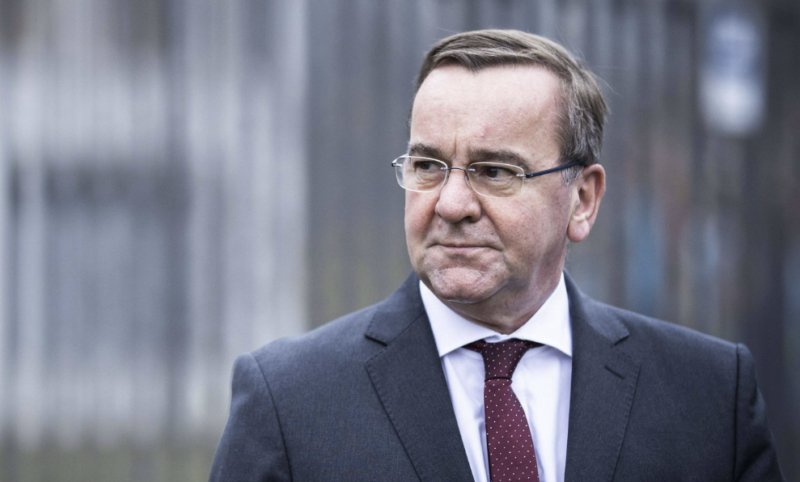German Defence Minister Boris Pistorius has proposed the potential deployment of German troops to Ukraine if a demilitarised zone is established. Speaking to Süddeutsche Zeitung on January 17, Pistorius also advocated for increasing Germany’s defence budget to 3% of its GDP, stressing the need to bolster European security in light of ongoing challenges.
Currently, Germany dedicates about 1.7% of its GDP to defence spending—an increase that brings it closer to NATO’s 2% target. This boost largely reflects the impact of the war in Ukraine, which has spurred Berlin to prioritise military upgrades. Notably, Germany has also allocated a €100 billion special fund aimed at modernising its armed forces with advanced air defence systems, submarines, armoured vehicles, and cutting-edge military technologies.
Pistorius’s comments followed a recent trip to Ukraine, where he observed the resilience and innovation of Kyiv’s armed forces. Praising Ukraine’s efforts, he remarked, “Despite three years of war, Ukraine defends itself with courage and leads in technological innovation. Digitised public services and advances in drone production show that Ukraine can be a model even for Europe.”
The minister stressed the importance of establishing durable security frameworks to prevent future Russian aggression. “The key is establishing security measures that endure beyond a mere ceasefire,” he said, underscoring the need for long-term stability in the region.
Highlighting the urgency of strengthening Germany’s military capabilities, Pistorius called the €100 billion fund “just the beginning.” He argued for increasing defence spending beyond 3% of GDP in the coming years, not only to meet NATO’s requirements but to ensure Germany’s security and support European allies.
He outlined the need for a decade-long strategic plan focused on critical areas such as submarines, frigates, air defence systems, artificial intelligence, and drones. According to Pistorius, these investments would not only enhance national security but also bolster Germany’s economy and industrial capabilities.
Addressing Germany’s 2011 decision to suspend conscription, Pistorius described it as a mistake. However, he ruled out reinstating traditional mandatory military service, citing infrastructure and resource challenges. “Reinstating the Wehrpflicht [conscription] for 600,000 young people annually is unfeasible,” he stated. Instead, he suggested creating a skills and reserve registration system to enable swift responses during crises.
On the subject of the U.S. nuclear umbrella and the election of Donald Trump, Pistorius expressed optimism. He maintained that the alliance between the United States and Europe remains mutually beneficial both politically and economically. “The Americans understand that our alliance is mutually beneficial politically and economically,” he concluded.
Pistorius’s remarks signal a vision for Germany to play a stronger role in European defence, combining strategic investments with international cooperation to address mounting security challenges.




